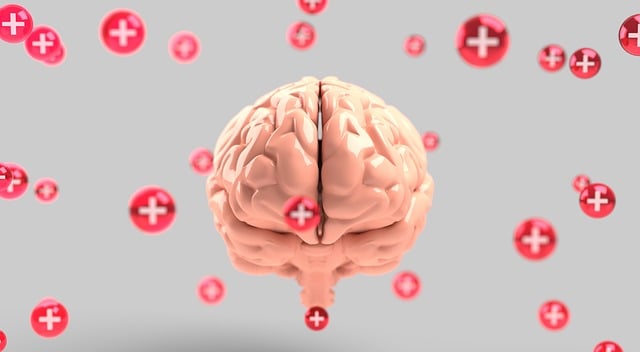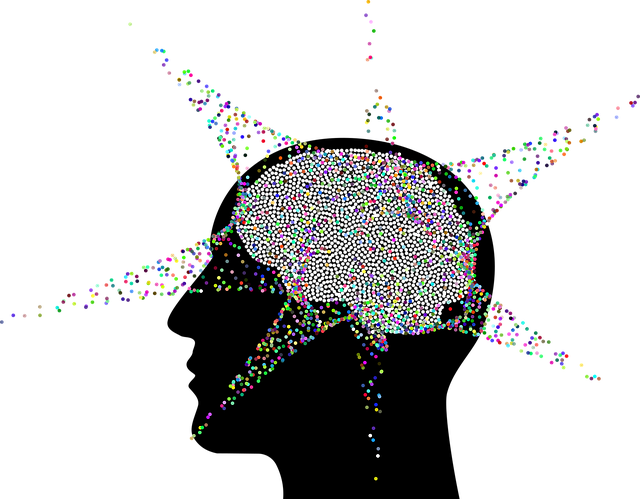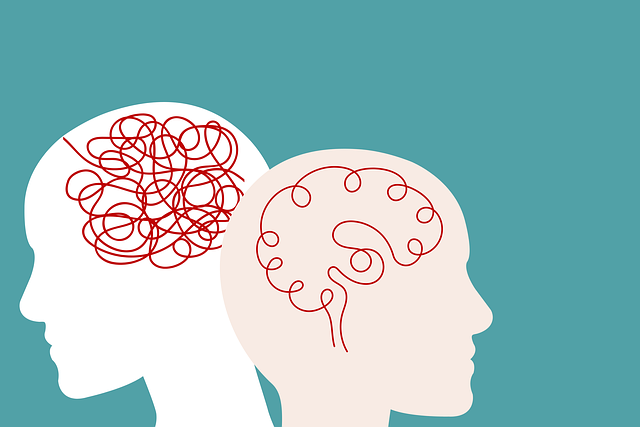Depression, with its various triggers, profoundly affects global populations. This includes Lone Tree Adjustment Disorder (LTAD), caused by extreme solitude. Early intervention through public awareness campaigns and recognizing signs like persistent sadness or changes in appetite are crucial for prevention. Lifestyle changes, including regular exercise, balanced diet, and quality sleep, alongside therapy and mindfulness meditation, significantly reduce depression risks. Physical activity, especially for LTAD sufferers, releases endorphins, combats loneliness, and enhances therapy benefits. Nutritional support through specific foods and adequate sleep also offer protection, potentially reducing the need for Lone Tree Adjustment Disorder Therapy.
Depression prevention isn’t just about warding off low moods; it’s about fostering resilience in the face of life’s challenges, including the unique struggles of Lone Tree Adjustment Disorder. This comprehensive guide explores a multi-faceted approach to mental wellness, delving into understanding depression and its distinct manifestation in Lone Tree Adjustment Disorder. We’ll uncover early signs, explore lifestyle changes from physical activity to social support, delve into Cognitive Behavioral Therapy (CBT) techniques, and highlight the importance of professional help for effective management and recovery.
- Understanding Depression and Lone Tree Adjustment Disorder
- Recognizing Early Signs and Symptoms
- Lifestyle Changes for Prevention
- – Physical Activity
- – Nutrition and Sleep
Understanding Depression and Lone Tree Adjustment Disorder

Depression is a complex mental health condition that affects millions worldwide, impacting one’s ability to feel joy and engage in everyday activities. While it often arises from various genetic, biological, environmental, and psychological factors, understanding its triggers is a crucial step towards prevention. One specific aspect worth highlighting is the Lone Tree Adjustment Disorder (LTAD), a form of depression that can develop after a significant solitary or isolating event. LTAD therapy focuses on helping individuals cope with these unique challenges, offering tailored strategies to navigate and overcome feelings of loneliness and despair.
Public awareness campaigns play a pivotal role in promoting mental health, especially regarding burnout prevention and inner strength development. By educating the public about depression’s nuances, including LTAD, we can foster an environment that encourages early intervention and reduces stigma. Recognizing the signs and symptoms is essential, enabling individuals to seek support before depression takes hold. This proactive approach can significantly impact long-term mental well-being.
Recognizing Early Signs and Symptoms

Recognizing the early signs and symptoms of depression is a pivotal step in prevention. Often, individuals may exhibit subtle changes in their behavior or mood that could indicate an impending mental health challenge. These initial red flags can include persistent feelings of sadness, loss of interest in activities once enjoyed, changes in appetite or sleep patterns, fatigue, difficulty concentrating, and even physical symptoms like headaches or body aches. Public Awareness Campaigns Development plays a crucial role here by educating folks on these early indicators, encouraging open conversations about mental health, and demystifying the conditions that lead to depression.
One effective approach to prevention is seeking professional help, such as Lone Tree Adjustment Disorder Therapy, which focuses on identifying and addressing underlying issues. Trauma Support Services can also be beneficial for individuals who have experienced past traumas, as these services tailor strategies to mitigate triggers and promote resilience. Additionally, incorporating mindfulness meditation into daily routines has been shown to enhance emotional well-being and may serve as a preventive measure against depression.
Lifestyle Changes for Prevention

Making lifestyle changes can significantly contribute to depression prevention. Engaging in regular physical activity, maintaining a balanced diet, and prioritizing adequate sleep are essential practices. These habits not only promote overall health but also serve as powerful tools for managing mental well-being. Research suggests that exercise releases endorphins, which can improve mood and reduce symptoms of depression. Similarly, a nutritious diet supports brain function and stabilizes energy levels, creating a positive impact on mental wellness. Additionally, establishing a consistent sleep routine is vital; insufficient rest can exacerbate depressive feelings.
Beyond physical aspects, fostering social connections and cultivating positive thinking are essential strategies. Building and maintaining healthy relationships provide a support system, encouraging open communication and emotional expression. Social Skills Training can be beneficial in enhancing interpersonal interactions and reducing feelings of isolation. Additionally, keeping a Mental Wellness Journaling Exercise Guidance can help individuals process emotions, identify triggers, and track progress in their mental health journey. Incorporating these lifestyle adjustments, coupled with professional support like Lone Tree Adjustment Disorder Therapy, can effectively safeguard against depression and promote a more resilient mindset.
– Physical Activity

Physical activity is a powerful tool in the battle against depression. Regular exercise has been shown to boost mood and reduce symptoms of loneliness and isolation, which are common in those struggling with mental health issues like Lone Tree Adjustment Disorder. When combined with therapy, physical activity can enhance the benefits of treatment. Endorphins released during exercise act as natural mood lifters, promoting feelings of happiness and reducing stress and anxiety.
Incorporating movement into daily routines, whether it’s a brisk walk, yoga session, or team sport, can provide much-needed structure and purpose for individuals dealing with depression. It also fosters social connections, which are vital for combating the Mental Illness Stigma Reduction Efforts and building confidence. This simple yet effective strategy can be a game-changer in one’s journey towards better mental health, ultimately empowering them to cope with challenges more effectively.
– Nutrition and Sleep

Maintaining a healthy lifestyle is an essential aspect of preventing depression and promoting overall well-being. Nutrition plays a significant role in mental health; a balanced diet rich in fruits, vegetables, whole grains, and lean proteins can support brain function and mood regulation. Omega-3 fatty acids, found in fish like salmon, are known to reduce symptoms of depression. Additionally, certain vitamins and minerals, such as vitamin D and magnesium, are crucial for maintaining mental stability.
Adequate sleep is another pillar of mental health. The National Sleep Foundation recommends 7-9 hours of sleep per night for adults. Chronic sleep deprivation can exacerbate stress and contribute to mood disorders. Establishing a consistent sleep routine, creating a relaxing bedtime ritual, and limiting exposure to electronic devices before bed are simple yet effective strategies to improve sleep quality. This, in turn, can reduce symptoms of loneliness and enhance one’s ability to cope with life’s challenges, even without Lone Tree Adjustment Disorder Therapy.
Depression prevention is a multifaceted approach, especially for those dealing with conditions like Lone Tree Adjustment Disorder. By understanding the early signs, making lifestyle changes such as incorporating regular physical activity and improving nutrition and sleep habits, individuals can proactively manage their mental health. Additionally, seeking professional support through therapy specifically tailored to address Lone Tree Adjustment Disorder symptoms is a vital step towards long-term well-being and resilience. Armed with these strategies, folks can navigate life’s challenges more effectively and foster a brighter, healthier mindset.














